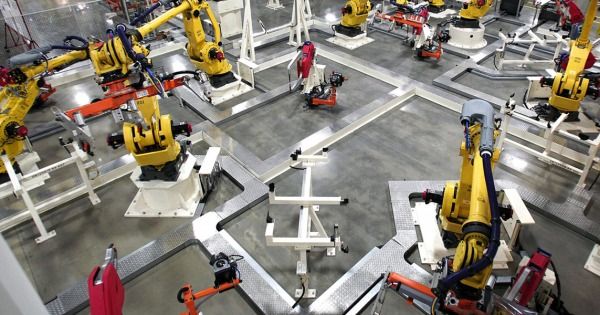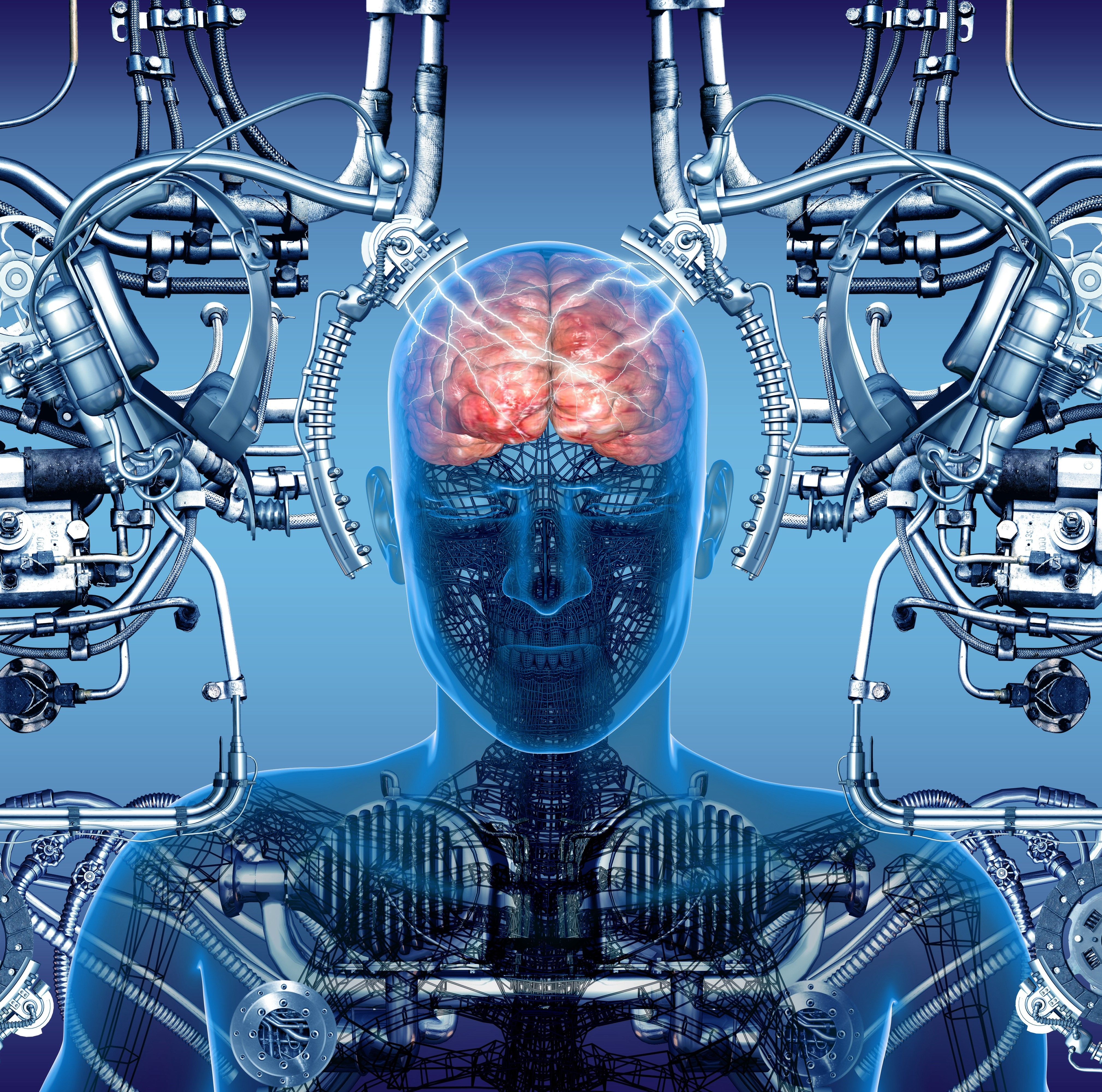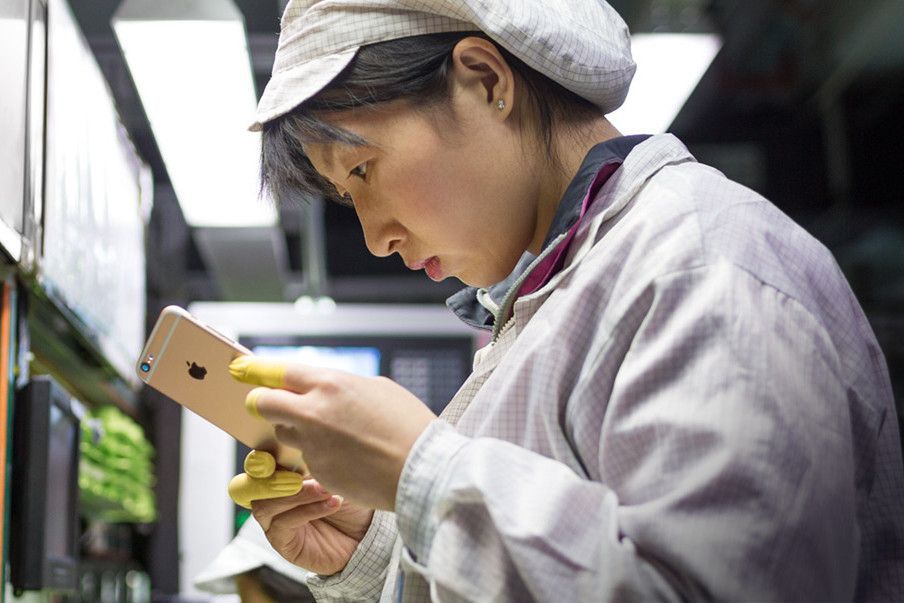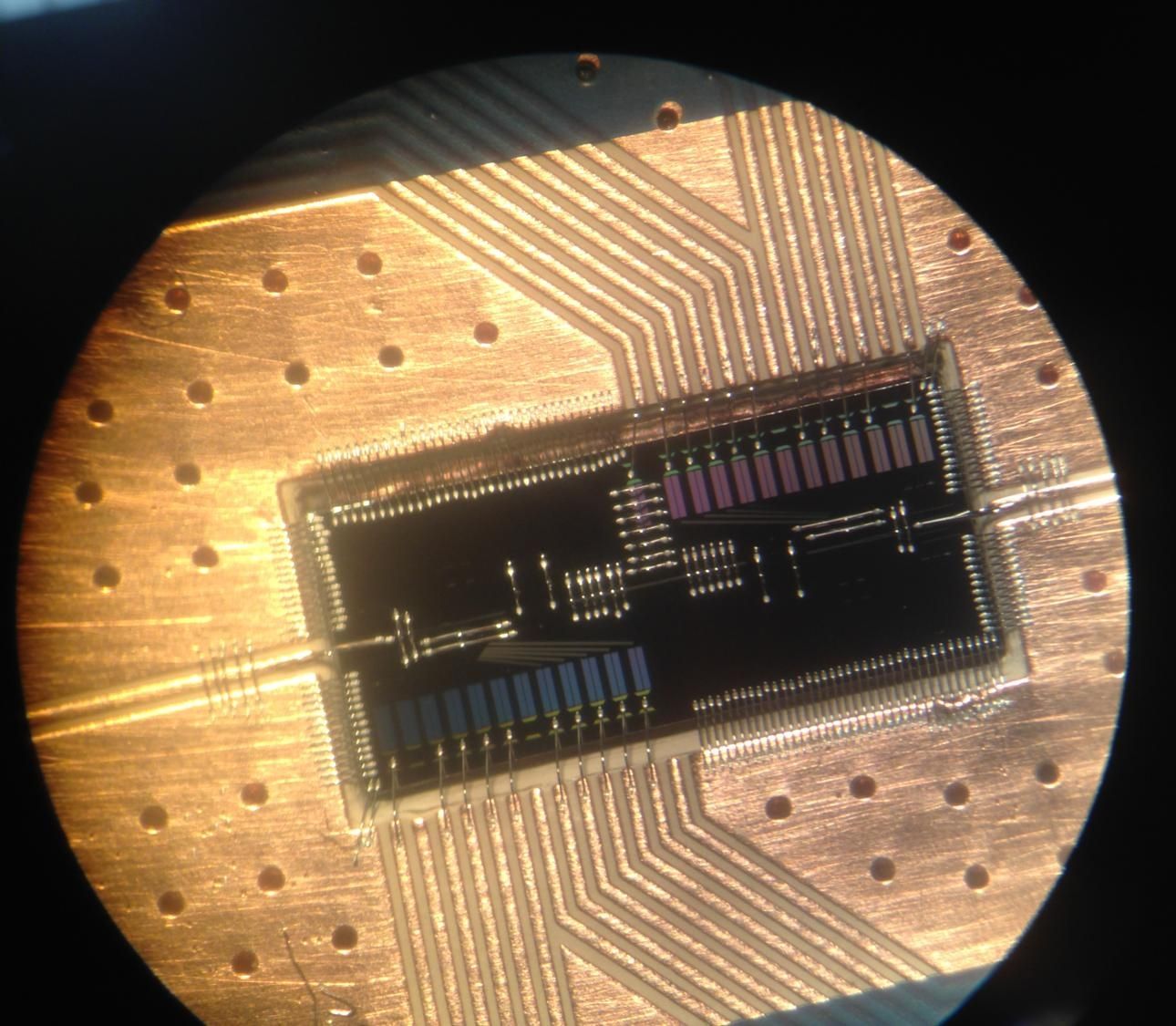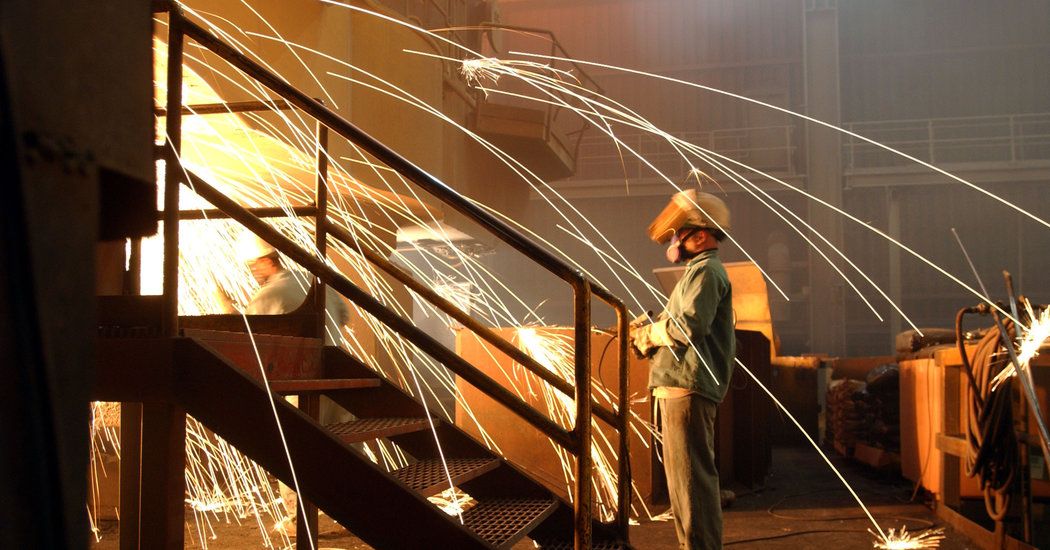New version of this out: https://www.geneticliteracyproject.org/2017/01/02/americas-refusal-embrace-gene-editing-start-next-cold-war/ #transhumanism #biohacking
Unlike other epic scientific advances…the immediate effect of genetic editing technology is not dangerous. Yet, it stands to be just as divisive to humans as the 70-year proliferation of nuclear weaponry.
The playing field of geopolitics is pretty simple: If China or another country vows to increase its children’s intelligence via genetic editing, and America chooses to remain “au naturel” because they insist that’s how God made them, a conflict species-deep will quickly arise.
This type of idea takes racism and immigration to a whole new level. Will America close off its borders, its jobs, its schools, and its general openness to the world to stay pure, old-fashioned human?
In short, will genetic editing start a new cold war? One that bears much finger pointing and verbal reprimands, including the use of derogatory terms like mutants, cyborgs, and transhumanists.
Read more
